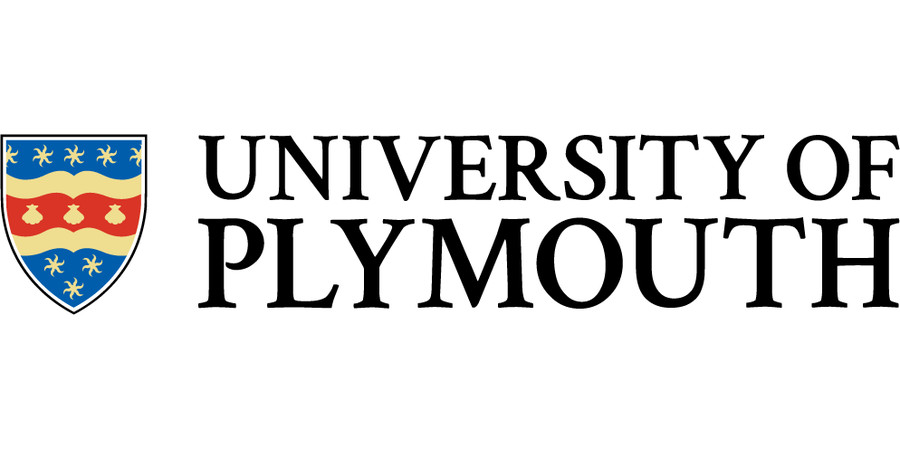PhD Studentship: Swamped: Is Crassula helmsii a significant threat to wetland biodiversity?
University of Plymouth - School of Biological and Marine Sciences
| Qualification Type: | PhD |
|---|---|
| Location: | Plymouth |
| Funding for: | UK Students, EU Students, International Students |
| Funding amount: | The studentship is supported for 3.5 years and includes a stipend from £19,237 per annum 2024-25 rate (2025-26 UKRI rate TBC) |
| Hours: | Full Time |
| Placed On: | 12th November 2024 |
|---|---|
| Closes: | 8th January 2025 |
DoS: Professor David Bilton (d.bilton@plymouth.ac.uk)
2nd Supervisor: Dr Andy Foggo (A.Foggo@plymouth.ac.uk)
3rd Supervisor: Dr Robert Puschendorf (robert.puschendorf@plymouth.ac.uk)
Applications are invited for a 3.5 years PhD studentship.
The studentship will start on 01 October 2025
Project Description
Biological invasions represent one of the most significant threats to biodiversity. Freshwaters are disproportionately affected by such invasions, and home to a disproportionately large proportion of biodiversity, especially invertebrates. They also provide crucial ecosystem services. Crassula helmsii, a native Australasian plant, has been aggressively invading European freshwaters for over 30 years, with drastic consequences for their floristic diversity. Understanding of Crassula’s impacts on invertebrates, which make up the bulk of freshwater diversity, are more limited. Our work suggests that whilst Crassula invasion changes community composition and function, it does not lead to drastic declines in fully aquatic macroinvertebrate diversity or biomass. Much of the biodiversity in sites invaded by Crassula is not fully aquatic, however, with many specialist wetland invertebrates living in the seasonally flooded margins, which are heavily invaded, alongside open water habitats. The impact of Crassula on this critical component of freshwater ecosystems remains unknown, and there is an urgent need for quantitative data to inform management and policy.
Research Methodology
This project will examine the effects of Crassula on wetland invertebrates using both fieldwork and laboratory experiments. Fieldwork will be conducted in established locations, where investigations of aquatic communities has already been undertaken, allowing a holistic picture of Crassula’s ecological impacts.
Training
Training in a range of skills, from freshwater invertebrate biology through experimental design, to advanced univariate and multivariate analyses of ecological data. Will gain experience of fieldwork alongside experienced scientists, develop knowledge of cutting-edge approaches in biostatistics and test fundamental ecological hypotheses about the mechanistic bases for the spread/control of invasives. Will have the opportunity to act as a university demonstrator, disseminate their work and its results via written and oral outputs, and build a library of skills and competences that will elevate their employability to a level commensurate with doctoral status, applicable across a wide range of employment.
Person Specification
You must be numerate and literate with an interest in aquatic ecology and a driving licence valid for UK use is desirable; some demonstrable experience in invertebrate taxonomy and identification is desirable although not essential, as is a training in the fundamentals of biostatistics.
For information on Eligibility and Funding, please click on the links below:
To apply for this position please click on the Apply button above.
Please clearly state the name of the DoS and the studentship that you are applying for at the top of your personal statement.
Please see here for a list of supporting documents to upload with your application.
For more information on the admissions process generally, please visit our How to Apply for a Research Degree webpage or contact the Doctoral College.
The closing date for applications on 8th January 2025.
Shortlisted candidates will be invited for interview after the deadline.
We regret that we may not be able to respond to all applications.
Applicants who have not received a response within six weeks of the closing date should consider their application has been unsuccessful on this occasion.
Advert information
Type / Role:
Subject Area(s):
Location(s):









